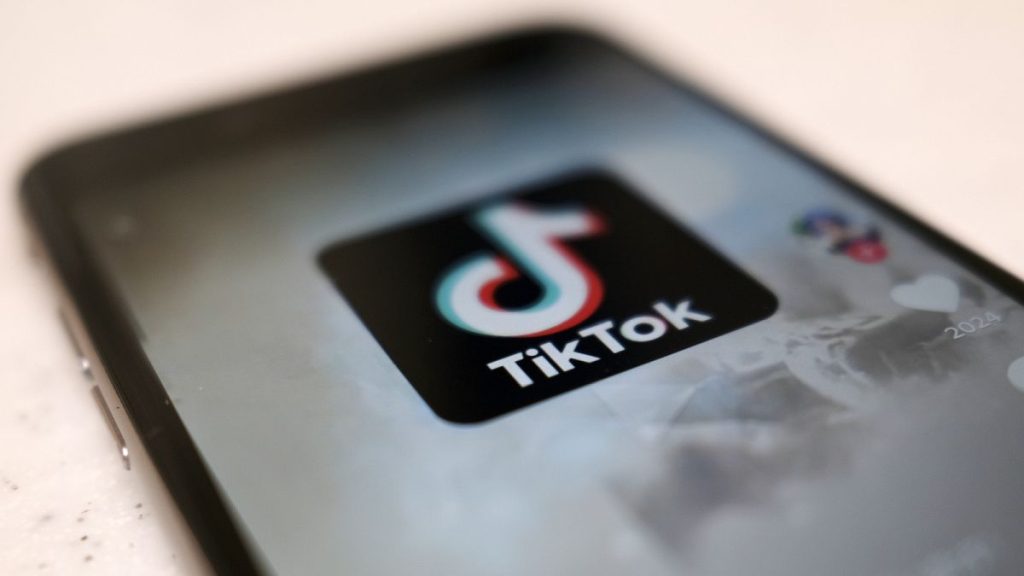Several candidates in the upcoming European elections are turning to TikTok in an effort to engage with young voters, despite concerns surrounding the app’s security and misinformation issues. With approximately 142 million users in the EU, primarily young Europeans, TikTok has become a crucial platform for candidates looking to appeal to the youth demographic. However, some candidates are choosing to avoid TikTok due to concerns about potential data privacy breaches and the spread of disinformation. For example, Ursula von der Leyen, the European People Party’s lead candidate, has decided to steer clear of TikTok in order to maintain a firm stance against the platform.
Amid the concerns surrounding TikTok, some candidates have found it necessary to use the platform to counter far-right parties who are gaining followers and potential voters with their content. European Parliament President Roberta Metsola and MEP Gabriele Bischoff are among those who have decided to engage with TikTok to reach younger audiences and combat misinformation. Other candidates, such as the Greens’ MEP Tilly Metz, also see the importance of utilizing TikTok to connect with young voters and provide them with informative content. However, for some, like von der Leyen and French Socialist Party leader Raphaël Glucksmann, avoiding TikTok is a way to express their disapproval of China and its alleged interference in European affairs.
While some candidates are actively using TikTok to engage with voters, Brussels has been increasing pressure on the platform. The European Commission has launched formal investigations into TikTok, resulting in the suspension of certain features in France and Spain due to concerns about minors’ mental health. Additionally, the EU’s new Digital Services Act could potentially lead to fines or temporary suspensions for platforms like TikTok that fail to comply with regulations. Some members of the German Parliament have even called for a ban on TikTok due to security concerns.
Despite the challenges and controversies surrounding TikTok, the European Parliament views the platform as a valuable tool for reaching young citizens and combating disinformation. The Parliament’s presence on TikTok aims to provide reliable information about its work and impact while countering misinformation aimed at undermining the institution. As millions of young citizens turn to TikTok for information, particularly as they prepare to vote in the upcoming elections, it is essential to proactively address disinformation and promote transparency in the digital sphere. Candidates and officials continue to navigate the complexities of engaging with TikTok while balancing security concerns and the need to connect with younger voters in innovative ways.












